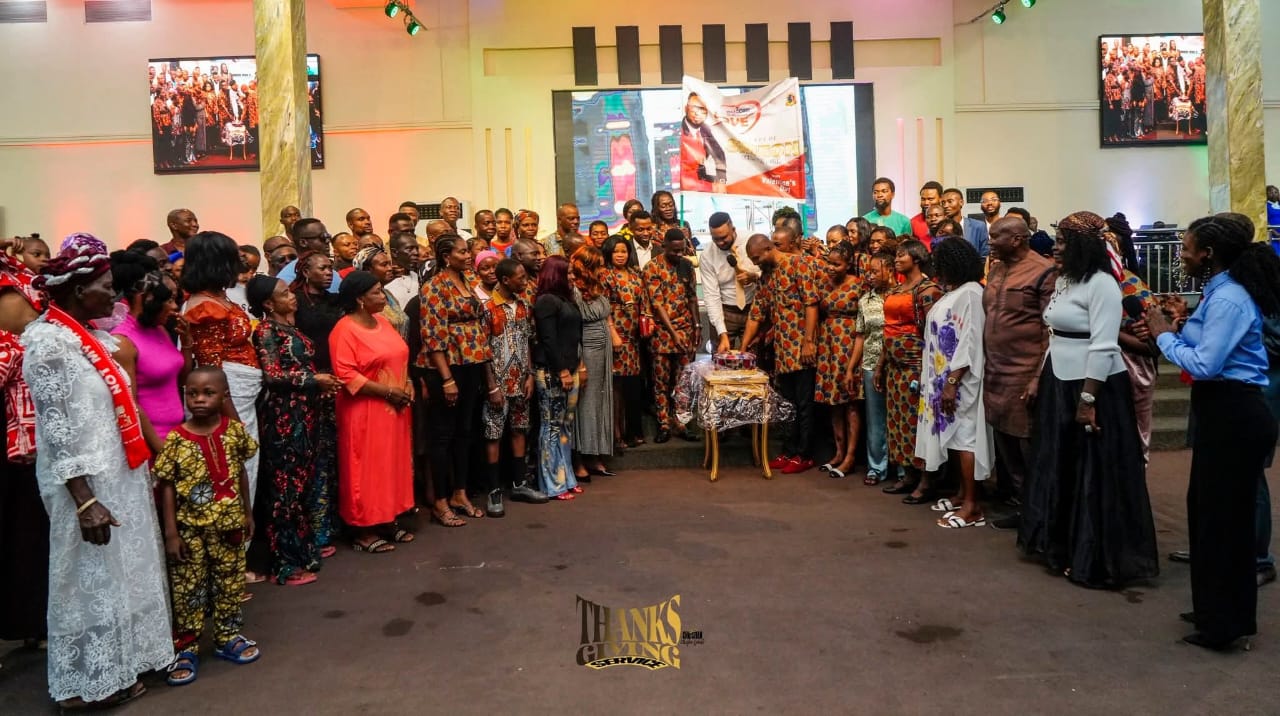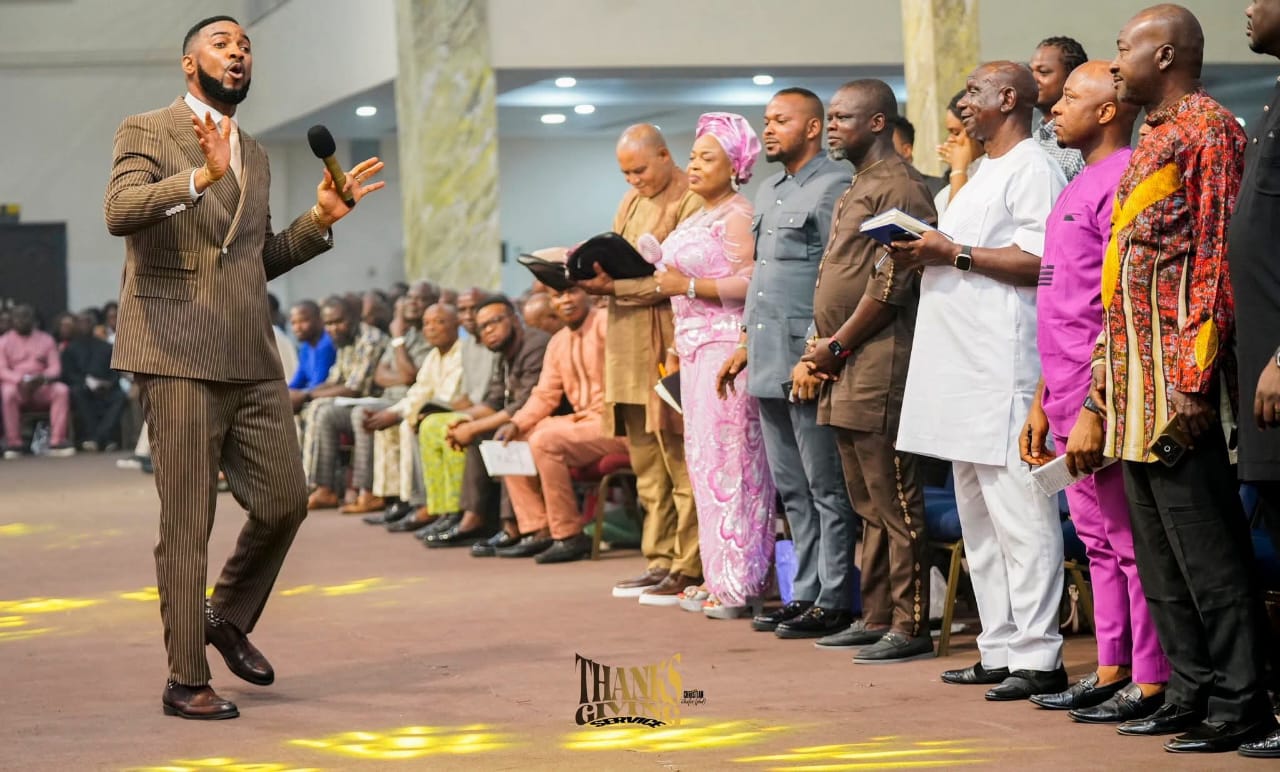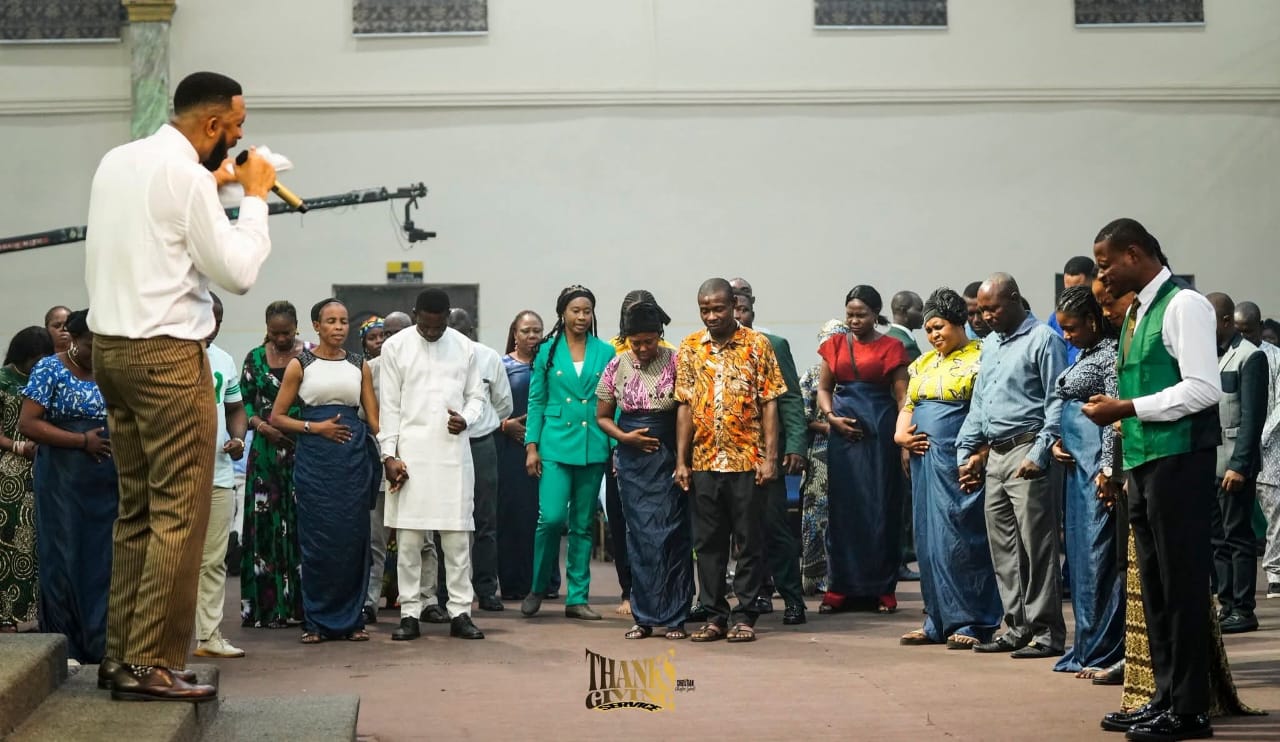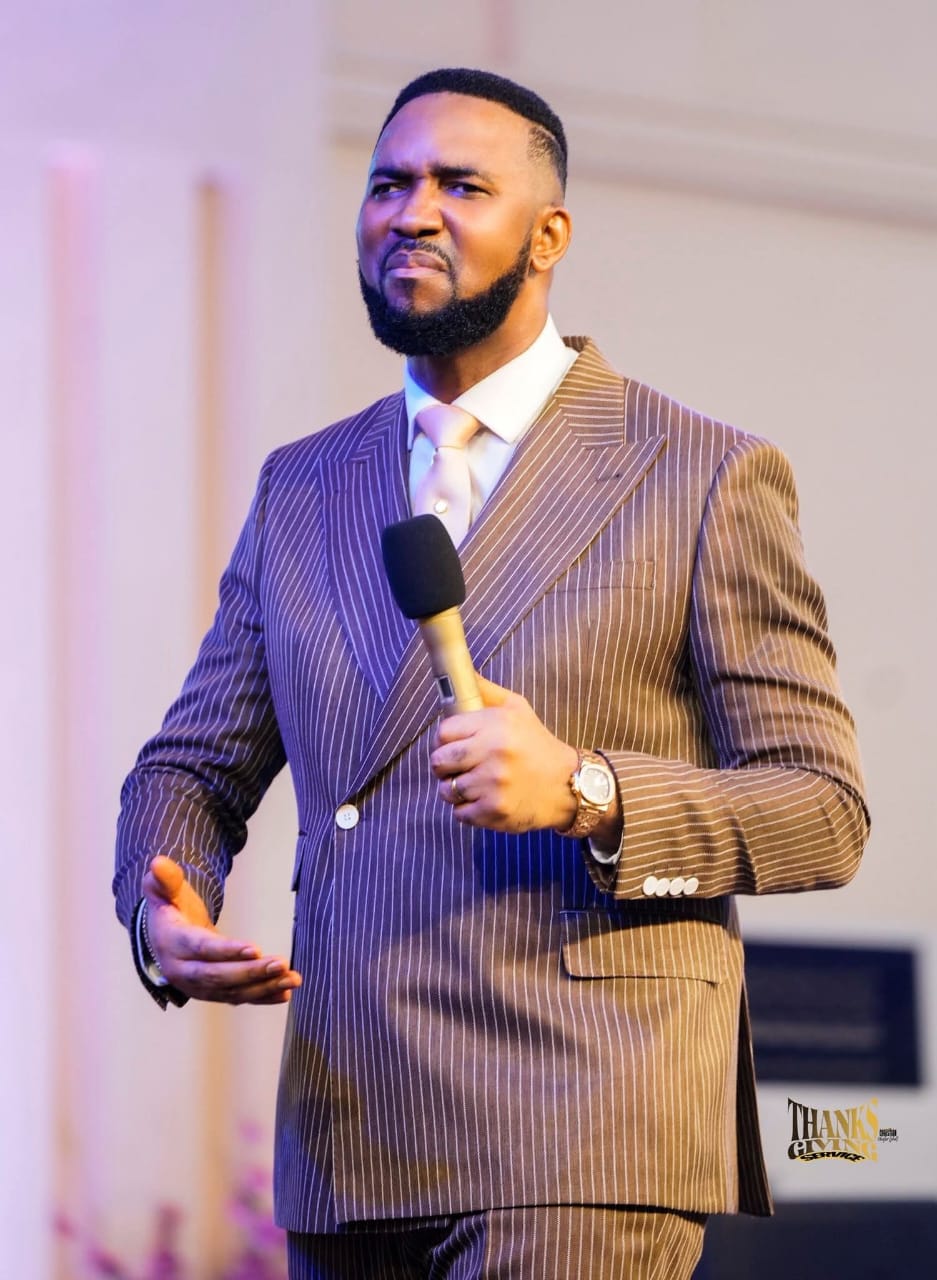society
AAREBIRIN HON PRINCESS FOLASHADE OLABANJI-OBA: THANKFUL AND GRATEFUL IS THE WORD, THE PEOPLES PROJECT IS A FOREVER SERVICE TO GOD AND HUMANITY. THE VICTORY IS FOR US ALL…
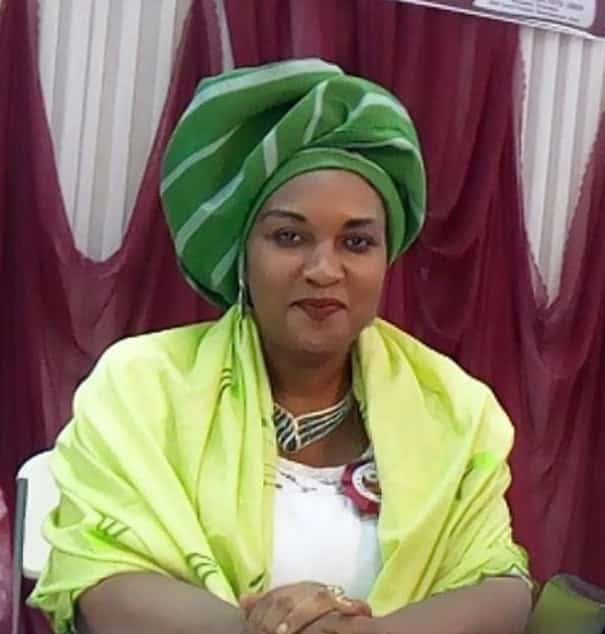
AAREBIRIN HON PRINCESS FOLASHADE OLABANJI-OBA: THANKFUL AND GRATEFUL IS THE WORD, THE PEOPLES PROJECT IS A FOREVER SERVICE TO GOD AND HUMANITY. THE VICTORY IS FOR US ALL…
Ikorodu local government elections which occurred on the 24th of July 2021, saw the incumbent chairman of Ikorodu local government Hon Wasiu Adesina and his Amiable Vice-Chairman Aarebirin hon Princess Folashade Olabanji-Oba victorious, returning their leadership to Ikorodu central for the second term.
The Vice-chairman, Aarebirin hon princess folashade Olabanji-Oba who also marked her birthday on the 24th of July, extended her heartfelt appreciation to the people for the overwhelming love and support she receives not only for voting her back to the office but also for the warm birthday felicitations…
In her remarks to the press “It is such a thing of joy and gratitude going into the elections and seeing the level of support we got from the good people of Ikorodu local government”
“First of all, I want to return all the glory to God in Heaven for giving us life, zeal, and passionate drive to go about our ambitions in life. He started this journey with us, and he has led us to success. He also added another year to my age which I am forever grateful for, To his name alone be all the glory”
“Words cannot describe how indebted I am to everyone that not only came out en mass to vote but also for the birthday messages I received prior/post-elections“
“It is a journey that we have set in motion collectively to give Ikorodu Central the ideal value it deserves and I want to say on this note that going forward, we’re going to deliver like never before for the interest of the entire Ikorodu LG”
“The leadership responsibilities have been handed over to us once again and with all humility, we’re accepting it to diligently enhance our progressive contributions towards the growth and development of Ikorodu LG”
“Our party members, supporters and loyalists that never wavered their support during the campaign, the rallies we had and the constant positive response we got going into the LG elections, history beckons Ikorodu LG for this great feat we have achieved together, it will reflect in our efforts to transform lives of every resident in our communities”
“ With a ️ heart full of gratitude, I say a big thank to the great leadership of Our Party The All Progressive Congress, Our National Leader of Asiwaju Dr. Bola Ahmed Tinubu, Our National Leader; Mr. Babajide Olusola Sanwo-Olu, the Governor of Lagos State; Dr. Obafemi Hamzat, Deputy Governor; Most Distinguished Sen. Tokunbo Mikhail Abiru, H.E. Prince Abiodun Ogunleye; Asiwaju Olorunfunmi Bashorun, APC State Chairman; Hon. Tunde Balogun, GAC Leaders; and Hon. Babajimi Benson, Member House of Representative”
“Also, I appreciate our Royal father’s in Ikorodu division, HRM.Oba Kabiru Adewale Shotobi (The Ayangburen Of Ikorodu Kingdom), HRM Oba Semiudeen Kasali Orimadegun (The Adegboruwa of igbogbo Kingdom), HRM Oba Mudashiru Ajibade Bakare-Agoro (Ranodu of Imota), HRM Oba Richard Abayomi Ogunsanya (Olubeshe of Ibeshe), and Oba Bashir Aremu Shotonwa (Sekumade Of Ipakodo)”
“Mr. Tayo Ayinde, Chief of Staff to the Lagos state governor; Rt. Hon. Obasa, the Speaker, Lagos State House of Assembly, and his team; Hon. S.O.B Agunbiade (Majority Leader) Lagos State House of Assembly; Chief Kaoli Olatunji Olusanya, APC Lagos East Senatorial Vice Chairman, APC State Executives; Ikorodu Division Apex Leaders; APC Apex Leaders; Hon. Taiwo Longe, Ikorodu APC LGA Chairman; LGA Exco; Ward Exco; Zonal Exco; the Election Planning Committees at LGA & Ward; stakeholders; and electorates. The People, The good and great people of Ikorodu, Lagos, and Nigeria”
“I cannot end this appreciation message without thanking all our leaders and internal stakeholders who stand by me. May you and all that is yours continuously be richly and abundantly blessed.
Our Amazon’s and Queen of Hearts Senator Oluremi Tinubu, Chief Mrs. Olukemi Nelson, and Hon. Jumoke Okoya Thomas”
“We believe together we shall make a functional impact for the development of our great Lagos State and Nigeria at large. Thank You for trusting us, and thank you for voting the Progressive Party, All Progressive Congress, and the winning Team” Aarebirin Hon Princess Folashade Olabanji-Oba Added
society
Wisdom of a Mature Believer: Don’t Judge What You Don’t Know — Dr. Chris Okafor
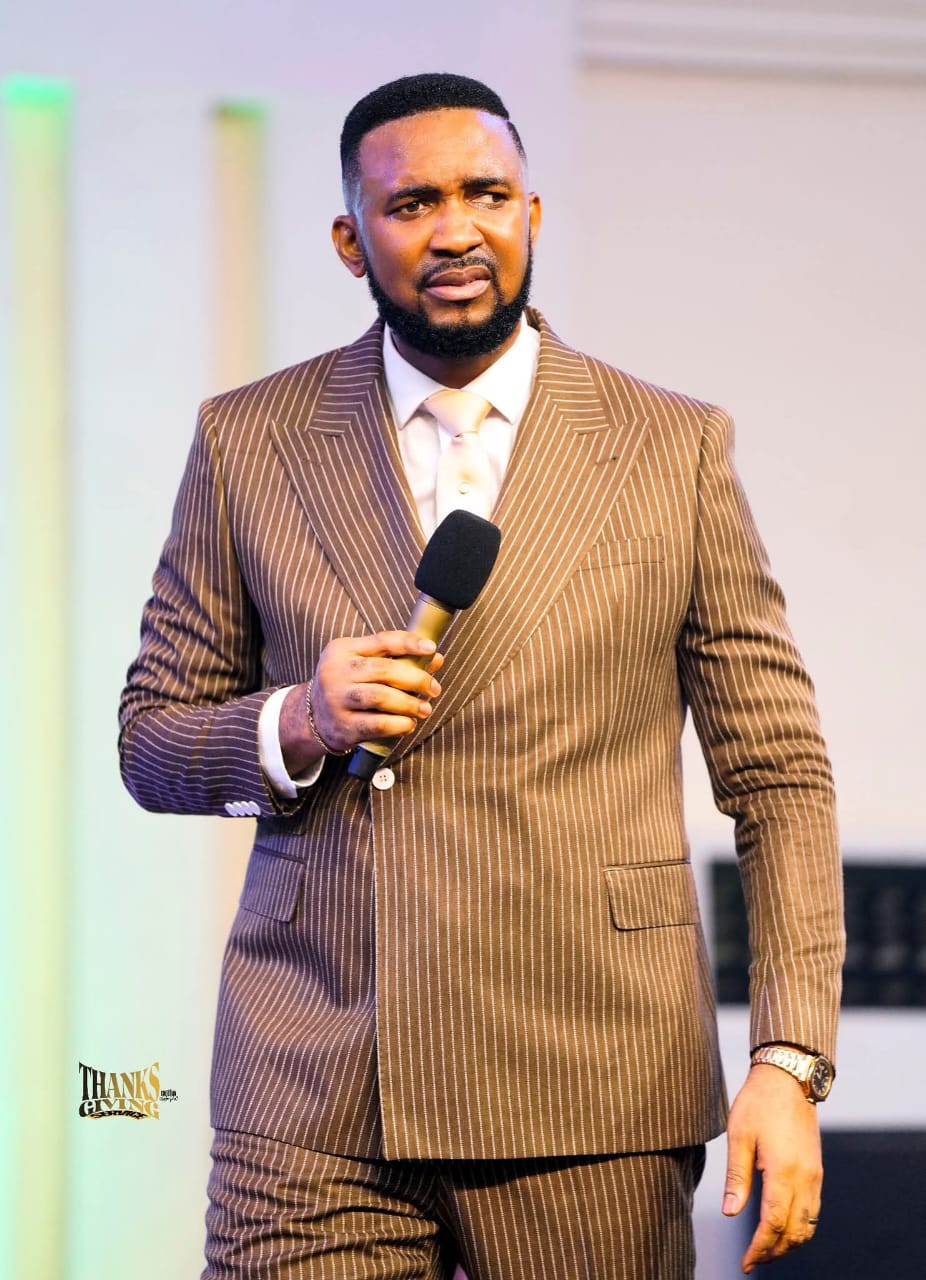
Wisdom of a Mature Believer: Don’t Judge What You Don’t Know — Dr. Chris Okafor
“To provoke mercy, keep sowing mercy.”
Mercy is often defined as compassion shown to someone who deserves punishment. It is the conscious decision to forgive when one has the power to condemn.
This formed the core of the message delivered by the Generational Prophet of God, Christopher Okafor, during the Grace Nation Glorious Sunday Service held at the international headquarters of Grace Nation Worldwide in Ojodu Berger, Lagos, Nigeria.
The Act and Power of Mercy
Preaching on the topic “The Act and Power of Mercy,”
Dr. Okafor emphasized that mercy is the believer’s escape from judgment. Referencing Psalm 136:1–20, he explained that mercy does not appear randomly; it is activated by deliberate spiritual actions and attitudes.
According to him, many people forfeit divine privileges because they are quick to judge.
A mature believer, he warned, must resist rushing to conclusions. In some cases, what appears to be clear evidence may not reflect the full truth.
“Don’t judge what you do not fully understand,” he cautioned, stressing that premature judgment can shut the door to mercy.
What Provokes Mercy?
Dr. Okafor outlined key spiritual principles that activate divine mercy:
Prayer
Prayer in deep and sincere dimensions attracts mercy. At the throne of grace, God considers the petitions of those who remain committed to Him. Even when a believer falls short, consistent prayer and kingdom partnership can move God to show mercy.
Total Repentance
Acknowledging wrongdoing and genuinely turning away from it provokes mercy. When a person presents their case before God with sincere repentance, divine compassion is released.
Sowing Mercy
Mercy operates like a seed. What a person sows is what they reap. Showing compassion, forgiveness, and kindness to others creates a harvest of mercy in return.
Unjust Hatred
Dr. Okafor also noted that when individuals are hated without cause, God may respond with mercy and divine elevation. What others fail to see in a person, God recognizes.
Conclusion
In closing, the Generational Prophet reiterated that mercy is both a principle and a harvest.
“To provoke mercy,” he declared, “keep sowing mercy.”
The service was marked by strong prophetic manifestations, including testimonies of deliverance, miracles, healings, restoration, and solutions to diverse challenges presented before God.
The Glorious Sunday Service concluded with a special thanksgiving celebration by members born in the month of February.
Sunday Adeyemi writes from Lagos
society
NOVO Announces Spring 2026 Launch: The World’s First Diamond-Backed Digital Currency and Wealth Platform Devoted to Feeding Africa
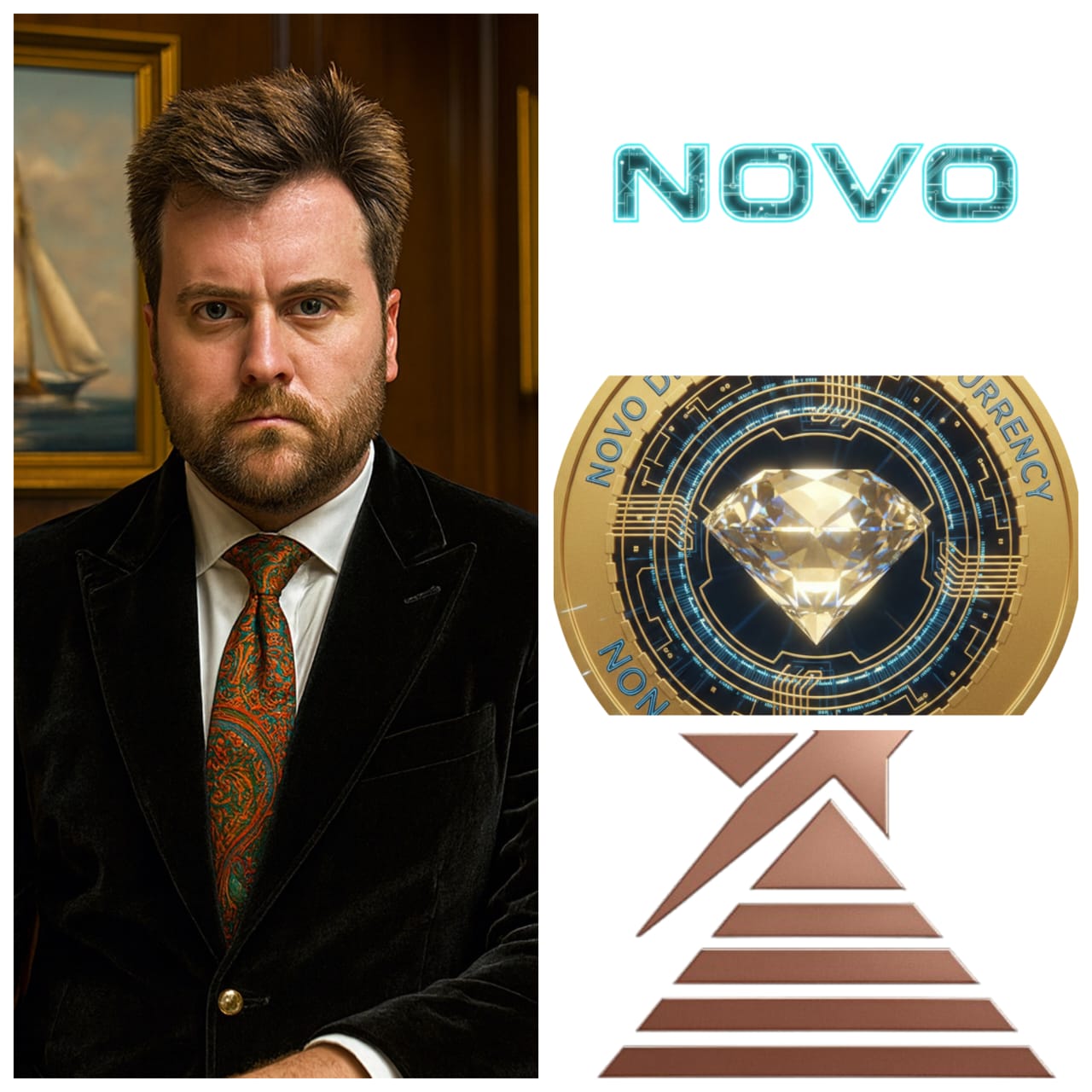
NOVO Announces Spring 2026 Launch: The World’s First Diamond-Backed Digital Currency and Wealth Platform Devoted to Feeding Africa
February 2026 — NOVO, an emerging global leader in diamond manufacturing, crypto‑banking, and ethical wealth management, today announced the upcoming Spring 2026 launch of NOVO Coin, the world’s first digital currency fully backed by certified, lab‑grown, cut, and polished diamonds stored in secure vaults in Singapore and Switzerland.
Designed for stability, transparency, and humanitarian impact, NOVO represents a new class of asset‑backed digital currency engineered to serve both global markets and vulnerable economies facing inflation, currency instability, and limited access to banking.
A Currency With a Mission: Feeding a Continent.
In a groundbreaking commitment, NOVO has pledged 50% of all corporate profits to support nonprofit micro‑finance organizations across Africa that specialize in food production, farming, fishing, and sustainable agriculture.
This initiative aims to:
Expand access to affordable capital for small and mid‑scale food producers
Strengthen local food systems and reduce dependency on imports
Dramatically lower grocery prices across African markets
Build long‑term economic resilience for millions of families
NOVO’s leadership believes that empowering Africa’s farmers and food‑producing cooperatives is the fastest path to stabilizing regional economies — and ultimately driving down global food prices.
Diamond‑Backed Stability for a Volatile World
Unlike speculative tokens or inflation‑prone fiat currencies, every NOVO Coin is backed by real, verifiable diamond reserves, manufactured through advanced laboratory processes and held in audited international vaults.
This structure provides:
Intrinsic value tied to a globally recognized commodity
Transparency through third‑party reserve verification
Security via geographically diversified vaults
Long‑term price stability for users and institutional partners
NOVO’s diamond‑reserve system is designed to offer a safe, durable alternative for nations and communities seeking protection from currency devaluation.
A Full‑Spectrum Financial Ecosystem
Beyond the currency itself, NOVO is launching a vertically integrated platform that includes:
Diamond manufacturing and certification
Crypto‑banking and digital asset management
Wealth management and life‑insurance services
Humanitarian micro‑finance distribution channels
This unified ecosystem positions NOVO as one of the first fintech institutions to combine commodity‑backed digital currency with large‑scale social impact.
A New Era of Ethical Finance
“NOVO was built on a simple belief: a currency should serve the people who use it,” said the organization’s founder. “By backing NOVO with diamonds and dedicating half of our profits to African food producers, we are proving that financial innovation and humanitarian responsibility can — and must — coexist.”
Spring 2026: A Global Debut
NOVO Coin will be available to the public in Spring 2026, with early institutional partnerships already underway across Africa, Asia, and the Caribbean.
For more information. Here is the organizations website TOPOFTHEPYRAMID.org
society
Tinubu Mourns Rear Admiral Musa Katagum: A National Loss for Nigeria’s Military Leadership
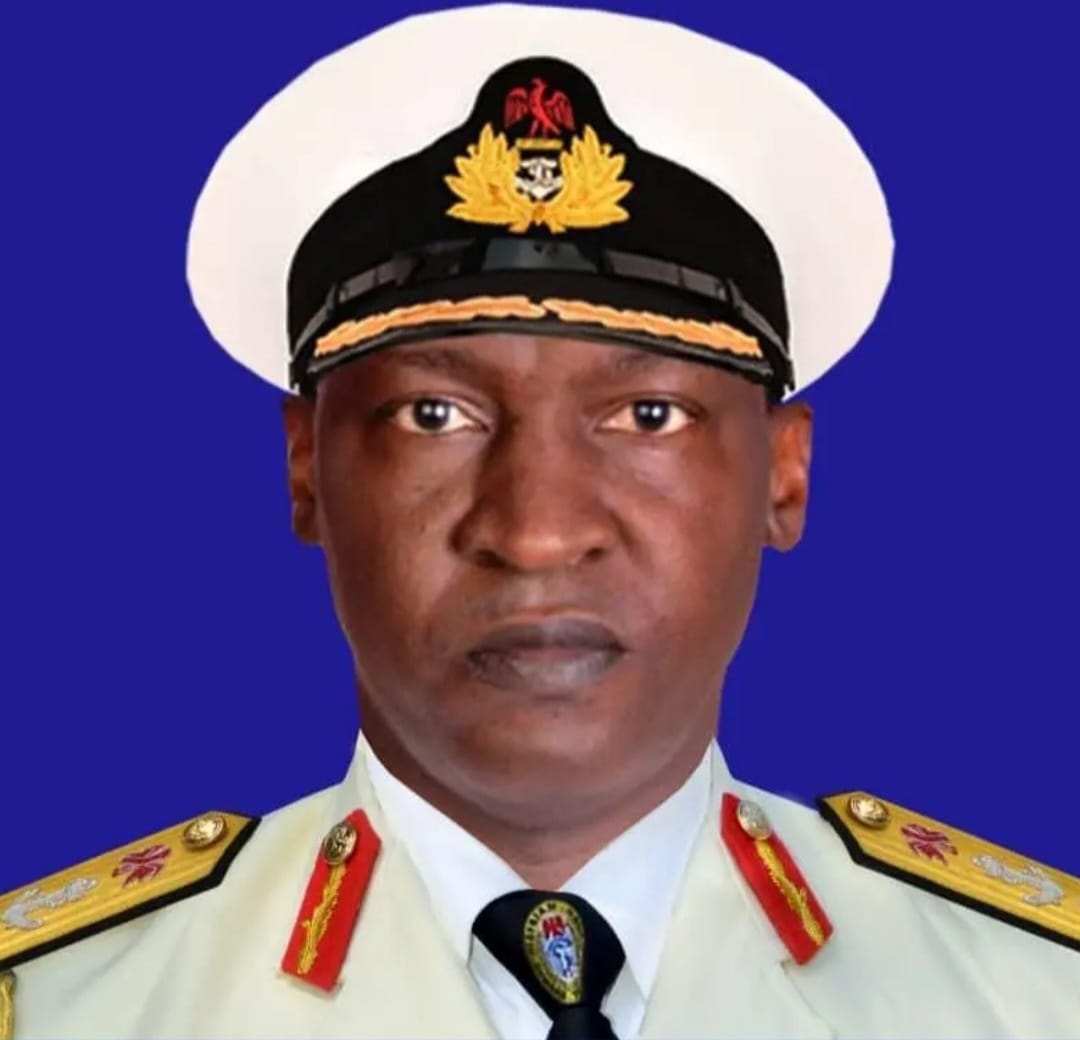
Tinubu Mourns Rear Admiral Musa Katagum: A National Loss for Nigeria’s Military Leadership
By George Omagbemi Sylvester | Published by SaharaWeeklyNG
“President Tinubu Pays Tribute as Nigeria’s Naval Command Mourns the Sudden Loss of a Strategic Maritime Leader at a Critical Security Juncture.”
Abuja, Nigeria – President Bola Ahmed Tinubu has officially mourned the death of Rear Admiral Musa Bello Katagum, the Chief of Naval Operations of the Nigerian Navy, who died on February 19, 2026, after a protracted illness while receiving treatment abroad. His passing has sent ripples through Nigeria’s defence establishment and national security architecture, marking the loss of one of the most experienced and respected maritime commanders in recent memory.
In a statement released on February 20, 2026 by his Special Adviser on Information and Strategy, Bayo Onanuga, President Tinubu described Rear Admiral Katagum’s death as a “significant blow to the military and the nation,” noting the late officer’s vast experience and “invaluable contributions” to both the Nigerian Navy and the broader “Armed Forces of Nigeria”. The President extended heartfelt condolences to the bereaved family, naval personnel and the nation at large, while praying for solace and strength for colleagues and loved ones.
Rear Admiral Katagum’s career was marked by distinguished service in several strategic capacities. Before his appointment as Chief of Naval Operations in November 2025, he served as Director of the Presidential Communication, Command and Control Centre (PC4) and Chief of Intelligence of the Nigerian Navy-roles that placed him at the nexus of naval operational planning and intelligence gathering. His leadership was widely credited with enhancing the Navy’s capacity to respond to growing maritime threats in the Gulf of Guinea, including piracy, illegal bunkering, and transnational crime.
Security policy experts emphasise that Katagum’s loss comes at a critical juncture for Nigeria. Dr. Adebola Akinpelu, a defence analyst at the Institute for Security Studies, observes that “Nigeria’s maritime domain remains a frontline in the broader security challenges facing the nation; the loss of an adept operational leader like Rear Admiral Katagum is not just a personnel change but a strategic setback.” His insight reflects broader concerns about continuity in military leadership amid intensifying threats.
The Nigerian Navy’s own statement, confirmed by the Directorate of Naval Information, affirmed that Katagum’s “exemplary leadership, strategic insight, and unwavering loyalty” were central to boosting operational readiness and national defence. According to Captain Abiodun Folorunsho, the Director of Naval Information, “His legacy remains a source of inspiration across the services.”
As Nigeria grapples with complex security landscapes at its land and maritime frontiers, the death of Rear Admiral Katagum underscores a broader national imperative: strengthening institutional capacities while honouring the service and sacrifice of those who defend the nation’s sovereignty. In the words of military scholar Professor James Okoye, “Leadership in security institutions is not easily replaceable; it is built through experience, trust and strategic clarity; qualities that Katagum embodied.”
Rear Admiral Musa Katagum has since been laid to rest in accordance with Islamic rites, leaving behind a legacy that will inform Nigerian naval operations for years to come.
-

 celebrity radar - gossips6 months ago
celebrity radar - gossips6 months agoWhy Babangida’s Hilltop Home Became Nigeria’s Political “Mecca”
-

 society6 months ago
society6 months agoPower is a Loan, Not a Possession: The Sacred Duty of Planting People
-

 society5 months ago
society5 months agoReligion: Africa’s Oldest Weapon of Enslavement and the Forgotten Truth
-

 news6 months ago
news6 months agoTHE APPOINTMENT OF WASIU AYINDE BY THE FEDERAL GOVERNMENT AS AN AMBASSADOR SOUNDS EMBARRASSING



